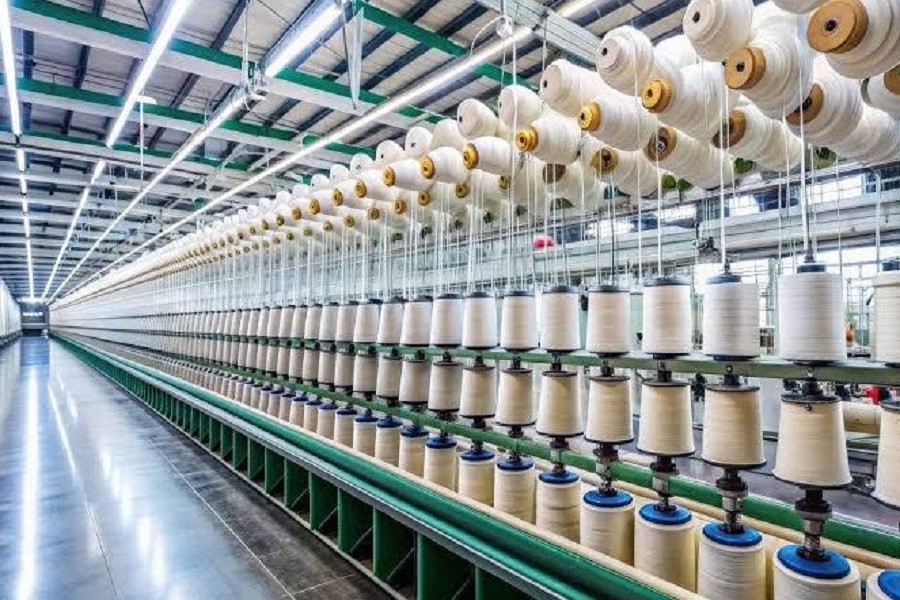Impact of Inflation on Long-Term Wealth: How to Protect Your Assets

Inflation, often viewed as a gradual rise in prices, can have a more profound effect on long-term wealth than many realize. Over time, inflation erodes the purchasing power of money, which means that the same amount of capital will be able to buy fewer goods and services. While inflation is a natural economic phenomenon, its impact on your financial well-being requires proactive strategies to ensure that your assets retain their value and continue to grow in real terms.
Understanding Inflation's Impact on Wealth
Inflation reduces the value of money and affects investments by eroding the real returns of portfolios, whether through stocks, bonds, or cash holdings. For instance, if inflation is at 3% annually, the purchasing power of ?1,000 will only be worth ?970 after one year. This seemingly small decrease compounds over time, leading to significant losses in wealth, especially for those relying solely on cash or low-interest investments.
In the long term, inflation can especially hurt retirees or those dependent on fixed-income sources, where the value of income from pensions or savings diminishes relative to living expenses. For example, an investor who holds a savings account yielding 4% annually might think they are making gains, but if inflation is at 5%, they are losing money in real terms.
Strategies to Protect Your Wealth from Inflation
To safeguard your wealth against inflationary pressures, it’s crucial to shift focus from traditional cash holdings or low-interest savings accounts toward inflation-hedged assets. Here are some effective strategies:
Gold as a Safe Haven Asset: Historically, gold has been one of the best protectors of wealth during periods of inflation. As the value of fiat currencies declines, gold tends to appreciate, acting as a store of value. Investors looking to hedge against inflation often increase their allocation in gold, either through physical gold, gold-backed ETFs, or gold mining stocks.
Inflation-Linked Bonds: Bonds issued by governments, such as U.S. Treasury Inflation-Protected Securities (TIPS) or Indian inflation-linked bonds, are designed to increase in value with inflation. These bonds provide a fixed interest rate that is adjusted according to inflation, ensuring that the principal value is protected and the yield remains positive even when inflation rises.
Real Estate Investment: Real estate has been a long-standing inflation hedge. Property values tend to rise with inflation, especially in high-demand areas. Real estate investments can also provide a consistent cash flow through rental income, which can be adjusted for inflation. Furthermore, properties in prime locations or those with high demand often see better long-term capital appreciation.
Stocks and Equity Funds: While stocks can be volatile in the short term, over the long run, equities generally outperform inflation. Companies with strong pricing power, especially those in sectors like technology, consumer goods, or energy, can pass on higher costs to consumers, maintaining profit margins despite inflation. Investing in equity funds or stocks with a focus on inflation-resistant sectors can safeguard wealth.
Commodities and Natural Resources: Commodities, such as oil, agricultural products, and metals, have traditionally been strong inflation hedges. As prices rise due to inflation, the demand for essential commodities increases, driving up their value. Exposure to commodity ETFs or direct investments in sectors like energy or mining can protect against inflation’s effects.
Conclusion
While inflation is an inevitable economic factor, there are numerous strategies available to protect and grow your wealth in the face of rising prices. Allocating investments toward gold, inflation-linked bonds, real estate, stocks, and commodities can provide a robust defense against inflation’s erosive effects. By understanding these strategies and regularly reviewing your portfolio, you can ensure that your wealth retains its value and continues to grow, regardless of the inflationary pressures that may arise in the future.
This comprehensive approach helps ensure financial security for both short-term and long-term financial goals. As inflation continues to impact the global economy, staying proactive and adjusting investment strategies can help preserve and build wealth effectively.
























